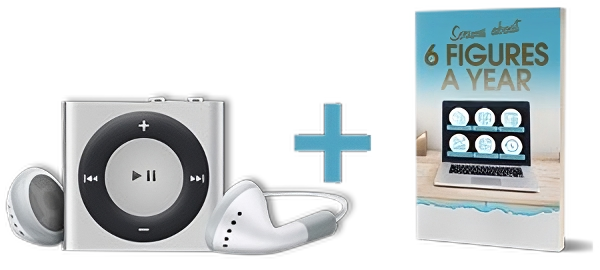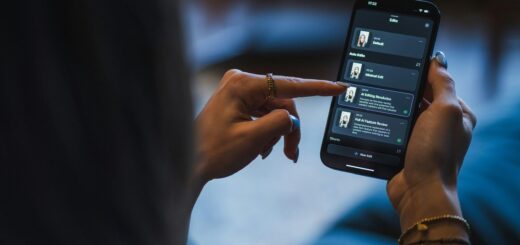How to Stop Making Lousy Decisions
In Chip and Dan Heath’s book ‘Decisive,’ they lay out three ways to make truly excellent decisions that can have a very positive impact on your business and your life.
1: The Vanishing Options Test
In 1994, Quaker Oats made the decision to buy the drink company Snapple for a whopping 1.8 BILLION dollars — perhaps one of the worst business decisions of all time.
They didn’t consider any other options. Believe it or not, no one in the company even argued not to buy it or suggested an alternative.
If they had simply expanded their choices by asking, “What other options do we have?” they would have been far more likely to make a better decision.
Do you decide to do things without giving yourself multiple options first? Do you limit your choices before you even start?
For example, instead of asking, “Should I promote this product to my list?” Ask yourself what other products you might promote instead that would be a better fit for your list.
Instead of asking, “Should I buy this piece of software or hire this person for my business?” Ask yourself what your other options are to get the task done.
Here’s why it works: Anytime you give your brain a ‘this or that’ option, it’s hemmed in by just those two possibilities and won’t think any further.
Instead, ask yourself, “What options would I consider if my current options disappeared?”
By giving yourself multiple choices instead of just one or two, you greatly increase your odds of making a good decision and even the best decision for you and your business.
The key is to expand your choices before you narrow them down.
2: The ‘Tell My Friend’ Solution
In 1985, Andy Grove, President of Intel, faced a problem — should he end the company’s line of memory chips, or not?
Management was torn on the question and Andy didn’t know what to do.
So he asked himself, “If we got kicked out and the board brought in a new CEO, what do you think he or she would do?”
Now the answer was obvious — get out of memories.
The right question made a tough problem easy.
This question helped him to overcome the biggest enemy to making the correct decision: Emotions.
You’re angry at your husband so you don’t talk to him. You’re excited about getting the exact make, model and color car you want, so you overpay. And so forth.
These decisions are clouded by emotion, and if it weren’t for that emotion, you would make different decisions.
Here’s why it works: Your emotions cloud your logic. So instead of asking what you should do, ask, “What would I tell my best friend to do?”
This helps you to look past your emotions and makes even the toughest decisions easy.
3: The ‘Test it Now’ Solution
In the late 1990’s, Bill Gross wanted to sell cars on the internet. He was sure the idea could work, but at the time it was risky.
Would people spend $20,000 on a car they’d never seen, much less test-driven?
Bill didn’t try to guess. Instead, he engineered a test run by hiring a CEO for 90 days to do one thing: SELL ONE CAR over the internet.
Usually we do the opposite. We go all in on a decision without having a clue if it’s the right one or not.
We spend all of our time and resources on this risk, when we could have gotten our answer with one small test.
For example, why hire someone as a full time employee when you can hire them for one project and see what they do?
Why spend six months creating a huge information product when you can create a small one in a day and see if there is a market for it?
Here’s why it works: We often get so fired up about a new idea, that we don’t even take time to find out if it will work or not. But by running a small test, we can see if we should proceed or go in a different direction.
Whenever possible, create a small test to find out if you’re on the right track.
“Why am I guessing when I can run a small test and know for certain?”
That’s it — three techniques that can save you a load of headaches and money in your online business and in life.
Claim Your Free MP3 And PDF Training: The 3-Part Plan To Topping $100,000 Per Year In Profit
Enter your name and email address below to receive a new lesson delivered to your inbox once a week. Your first lesson will be delivered immediately.

Privacy Policy : We value your privacy. You can unsubscribe from receiving future emails with 1 click at any time.























